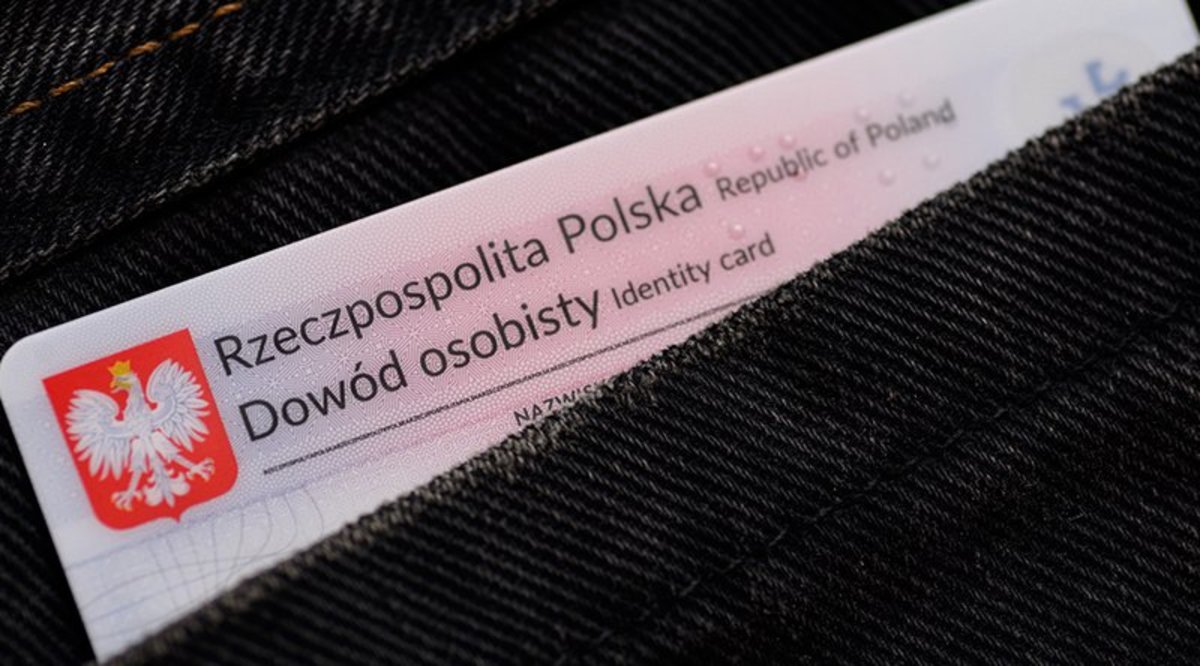
The Polish Credit Office BIK, the largest credit office in Central and Eastern Europe, in partnership with Distributed Ledger Technology (DLT) provider Billon, will implement a blockchain technology solution for storage and secure access to highly sensitive customer information.
“Our cooperation with Billon is long-term,” said Mariusz Cholewa, president of BIK. “We believe that blockchain technology will transform how the financial sector communicates sensitive data with clients. Our solution will soon be expanded to include electronic delivery with active confirmation and remote signing of online agreements. It is also important that the solution meets the legal requirements of a durable medium of information, as well as the requirements of the EU General Data Protection Regulation [GDPR], which comes into force this month.”
BIK, which is owned by domestic and foreign banks in Poland, including the major banks, tracks over 140 million credit histories of over 1 million businesses and 24 million people in Poland, providing data on the credit history of bank clients, credit unions, etc. from the entire credit market in the country.
“Our partnership is a start of a true revolution in information management,” said Andrzej Horoszczak, founder and CEO of Billon. “It is our firm belief that the cooperation between Billon and BIK is the first step to introducing mass use of blockchain technology for trusted document management.”
According to Horoszczak, the solution that Billon has created with BIK provides the world’s first GDPR-compliant blockchain platform which can streamline customer service processes and manage the implementation of customer rights such as the “right to be forgotten.”
Founded in 2012, Billon is an FCA registered eMoney institution with offices in the U.K., U.S. and Poland. According to the company, Billon’s DLT solution, self-described as the “document blockchain” and built on a proprietary blockchain structure that does not require use of central databases, allows the safe, convenient and cost-effective storage, and sending of documents without running a risk of unauthorized access, tampering with the content or information loss.
“This solution returns control of user data back to consumers, creating a level playing field between individuals and big corporations,” added Horoszczak. “The benefits of this solution can have an impact beyond the financial sector, and we anticipate that it will soon be adopted by institutions across industries such as telecommunications, insurance and utilities.”
The DLT solution used for the BIK project will keep every document in accessible, long-term storage, independent of the status of the contractual relationship status between the service provider and the user. Patents have been filed and, according to Billon, the technology is ready to be implemented at performance levels that rival traditional centralized databases.
"Over the years, BIK has gathered over 140 million credit histories cross different sectors that will benefit from superior security, integrity, and immutability,” Horoszczak explained to Bitcoin Magazine.
“This revolution will also change the paradigm in the financial and insurance world — now consumers will command the visibility and integrity of their insurance claims, bank and loan documents all through to retirement plans using our blockchain technology. With Billon, you will also be able to clearly see when and what changes have been made to documents, giving consumers the capability to challenge and provide counter terms if required; all tracked on the blockchain.”










